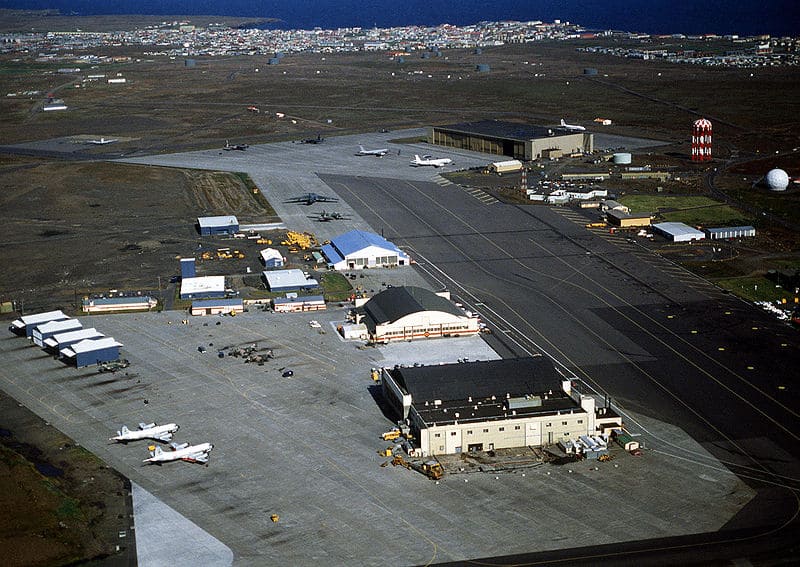
ADVERTISEMENT - CONTINUE READING BELOW
17. The Third Cod War of 1977 – 1976
Five centuries of Britain’s unrestricted fishing in the seas around Iceland came to an end with the conclusion of the Third Cod War in 1976. It was the most fiercely contested of the Cod Wars, and it required a NATO brokered convention to bring it to an end. As with the previous two cod wars, the third ended with Iceland obtaining its goals, to the detriment of the British fishing industry. Iceland firmly established a 12-mile exclusion zone, to be fished only but its own vessels. A 200-mile exclusion zone in which fishing vessels from other nations could operate only with licenses, and with limited catches, surrounded the small nation. Iceland’s victory was costly, during the Third Cod War there were at least 55 ramming incidents between British warships, fleet tugs, and fishing vessels and Icelandic patrol vessels. Fifteen British warships suffered significant damage and required extensive repairs.
In the aftermath of the three cod wars, Great Britain attempted to protect its fishing industry by declaring a 200-mile exclusion zone around its own shores. But the damage had been done. The British fishing industry was devastated, jobs lost, and fishermen idled. For Great Britain, the cod wars changed the economy, as well as the food industry. Shops which formerly featured fish and chips as their main attraction to customers began to offer alternative dishes to attract customers. Chicken and specially developed sausages, with casings which don’t split when deep-fried, replaced fish as the main attraction on many menus. In 2006, the US military, whose presence in Iceland parlayed into victory in the cod wars, departed Iceland. Ten years later the Americans returned, again citing the strategic importance of the island nation to NATO.

